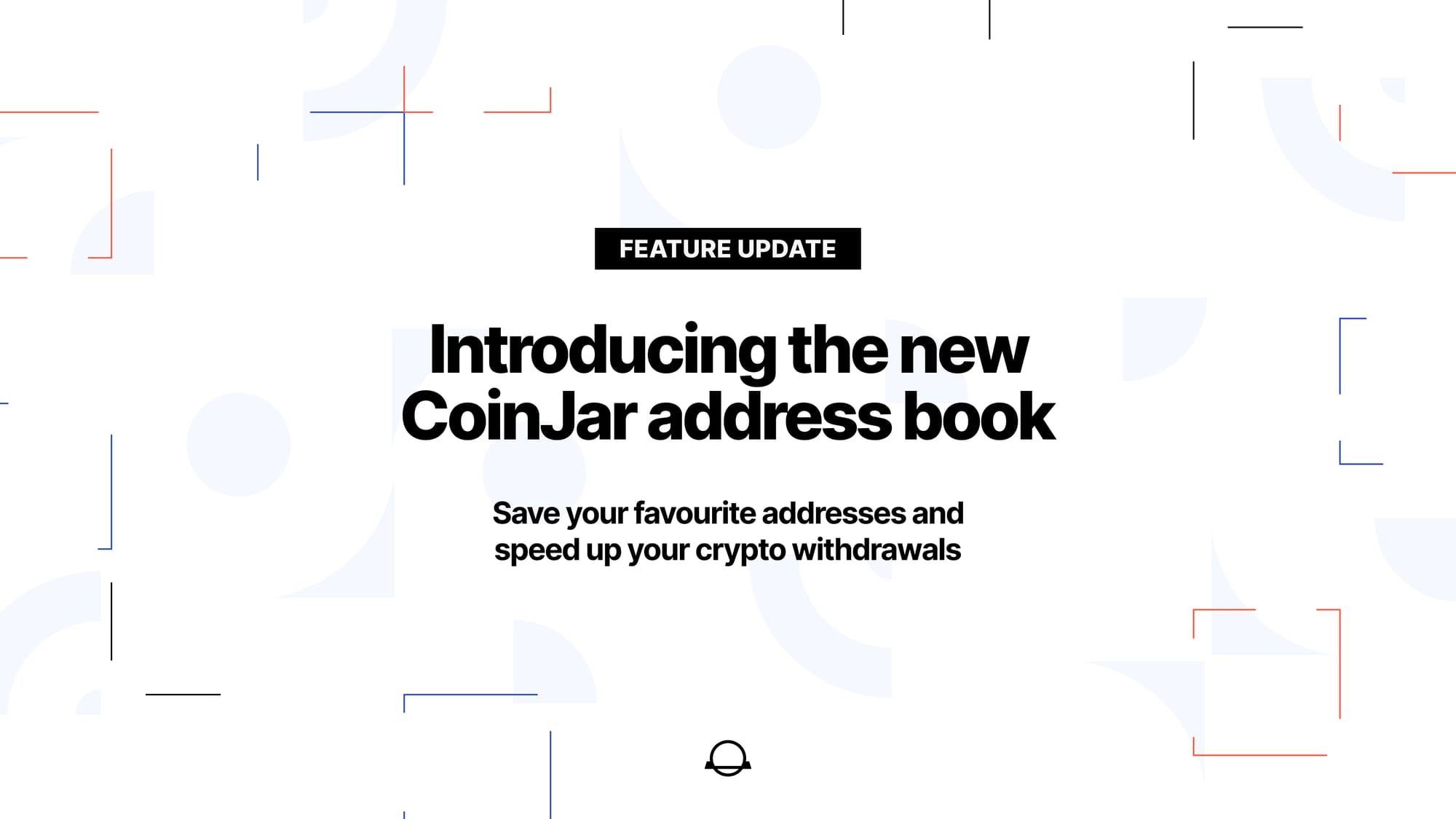Polygon will take the Ethereum community by storm on March 27, 2023, with the launch of the Mainnet Beta of zkEVM. Days after the Testnet’s launch, the development gives the community a sneak peek at what’s to come. Even while more information is still pending, it is shown that after the debut in late March, Web3 adoption will pick up speed.
The announcement was made by Polygon Labs through an official blog post, saying that the journey into the future begins on March 27.
Rightly so, the Testnet version has hit several milestones since its launch. They are commendable, considering the Mainnet Beta launch is only expected to take the statistics forward in the ecosystem. To quote a few, the testnet has achieved over 84,000 wallets while generating more than 75,000 ZK proofs and producing more than 300,000 blocks.
To Ethereum, with love, a literal part of the title of the blog goes on to offer a glimpse of the level of interest and growth that it has brought, courtesy of Ethereum. zkEVM has only gotten better, and there is nothing to stop the pace. That is, it will only get better in the future. Grounds that currently support this statement are faster speed, economical cost, and enhanced security.
Polygon Labs has attributed its success to its community members, Ethereum, and Polygon, expressing gratitude for support at every frontier.
Despite the fact that the Mainnet Beta launch is still a few days away, there can be no doubt that it has been thoroughly audited throughout Testnet usage. The proclamation promising complete transparency regarding the security procedures is another element that strengthens the claim.
With the development of an EVM-equivalent zkEVM, the community has questioned if they will ever rise up against delayed withdrawals and fraud-proof safeguards. Polygon Labs makes that a reality by providing access to scaling solutions without impairing the already-existing tools, such as codes and infrastructure.
Polygon zkEVM has, until now, passed all the major tests in Ethereum vectors. Developers can explore ways to build their projects simply by performing copy-paste functions on Ethereum, a venue that cooperates with the architecture of Polygon zkEVM.
Since the cost and security aspects are now more precise, it is additionally essential to note that Polygon does not intend to sacrifice performance just to bring an equivalent solution to the community. The number of transactions is rising every day and will continue to do so as Web3 adoption increases. Without compromising any other aspect that can eventually cause the network to go down, latency and scalability must stay at heart.
Polygon zkEVM is currently tilted to be seamless and secure, with affordability not being a factor to be taken with hype as the cost of transaction in terms of the batch has come down to $0.06.


